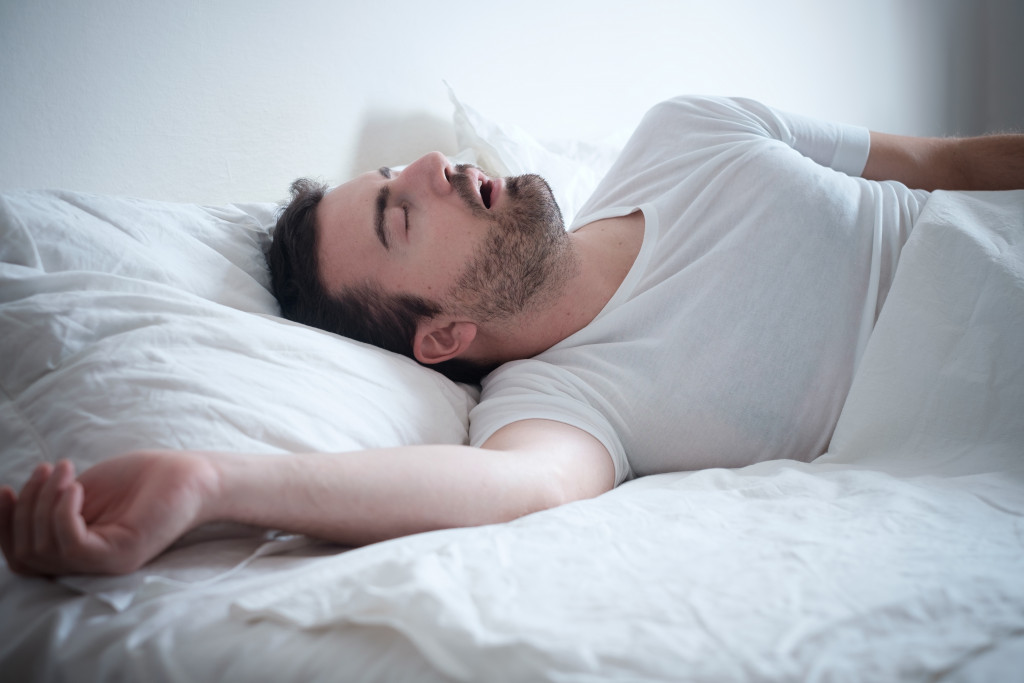A good night’s rest is just as vital as physical activity and a nutritious diet in maintaining a healthy lifestyle. Evidence suggests that inadequate sleep has detrimental consequences for your hormones, athletic performance, and cognitive function. Adults and children alike may experience weight gain as a result, as well as increased disease risk. On the other hand, good sleep can help you lose weight, exercise more effectively, and live a healthier lifestyle.
Both the quality and amount of sleep have deteriorated during the last few decades. Many people have trouble sleeping daily. If you want to improve your health or reduce weight, obtaining a good night’s sleep is one of the most crucial things you can do to achieve your goals. Here are some research-backed suggestions for getting a better night’s sleep:
Get Some Sun During the Day
Your body’s biological clock is called the circadian rhythm. It impacts your brain, physique, and hormones, helps you stay awake, and tells your body when you have to sleep. Natural sunshine or bright daylight helps to ensure a healthy circadian rhythm. This boosts energy during the day and the quality and duration of sleep at night. Daylight exposure in people with insomnia enhanced sleep quality and duration.
While most studies concerns persons with severe sleep problems, everyday exposure to light will probably benefit even if you have ordinary sleep. Try gaining exposure to the sun daily or buy in electric lighting or lamps if it is not practicable.
Say No to Blue Light
While exposure to light during the day is advantageous, exposure to light throughout the night has the reverse effect on the body. If affects your circadian rhythm, which tricks your brain into thinking that it is still daytime. This decreases the production of hormones such as melatonin, which aids in relaxation and deep sleep. Blue light, which is emitted in enormous quantities by electronic devices such as cellphones and computers, is the most harmful in this regard.
Protect your eyes by wearing glasses that block blue light. Installing an app such as f.lux on your laptop or computer will help to reduce blue light exposure. Install an app on your smartphone that prevents blue light from leaking. iPhone and Android models are both supported by these applications. Two hours before going to bed, switch off the television and any bright lights in the house.

Optimize Your Bedroom
Many individuals believe that the rooms and their arrangement are crucial aspects for a good night’s sleep. These include temperature, noise, exterior lights, and the layout of furnishings. Many studies show that external noise, generally caused by traffic, can lead to terrible sleep and protracted health problems. Approximately 50% of participants found that sleep quality was better in a study on women’s bedroom environment when disturbance and illumination decreased. Some individuals question why in a hotel they always sleep better.
Besides the calming surroundings, the quality of the bed might affect sleep as well. A 28-day study studied the advantages of a new mattress, which showed that it improved back problems by 57%, shoulder discomfort by 60%, and back rigidity by 59%. It also increased the quality of sleep by 60%. Other research has shown that new bedding can improve sleep. Furthermore, improper bedding can lead to lower back pain.
Base your choice on personal preferences if you upgrade your bedding. It would help if you upgraded your bedding every 5-8 years at least. Fortunately for you, there’s a reliable mattress store you can check out today. To maximize your room environment, try to reduce external noise, light, and artificial lights on gadgets such as alarm clocks. Make sure your room is peaceful, calm, tidy, and pleasant.
Prevent Nocturia
Nocturia is the medical word for excessive overnight urination. It impacts the quality of sleep and vitality during the day. Drinking excessive beverages before night can cause comparable symptoms, even if some are more susceptible than others. Although hydration is crucial for your health, your fluid intake in the late evening is prudent to minimize. Try not to drink any liquids 1–2 hours before bedtime. It would be best to use the bathroom soon before you come to bed since your chances of awakening at night may diminish.
Sleep is vital for your overall health. In one big study, poor sleep was associated with an elevated risk of obesity by 89 percent in children and 55 percent in adults. According to other research, sleeping fewer than 7–8 hours every night increases your chance of acquiring cardiovascular disease and type 2 diabetes. If you want to achieve the best possible nutrition and well-being, it is recommended that you prioritize sleep and apply some of the suggestions listed above.






